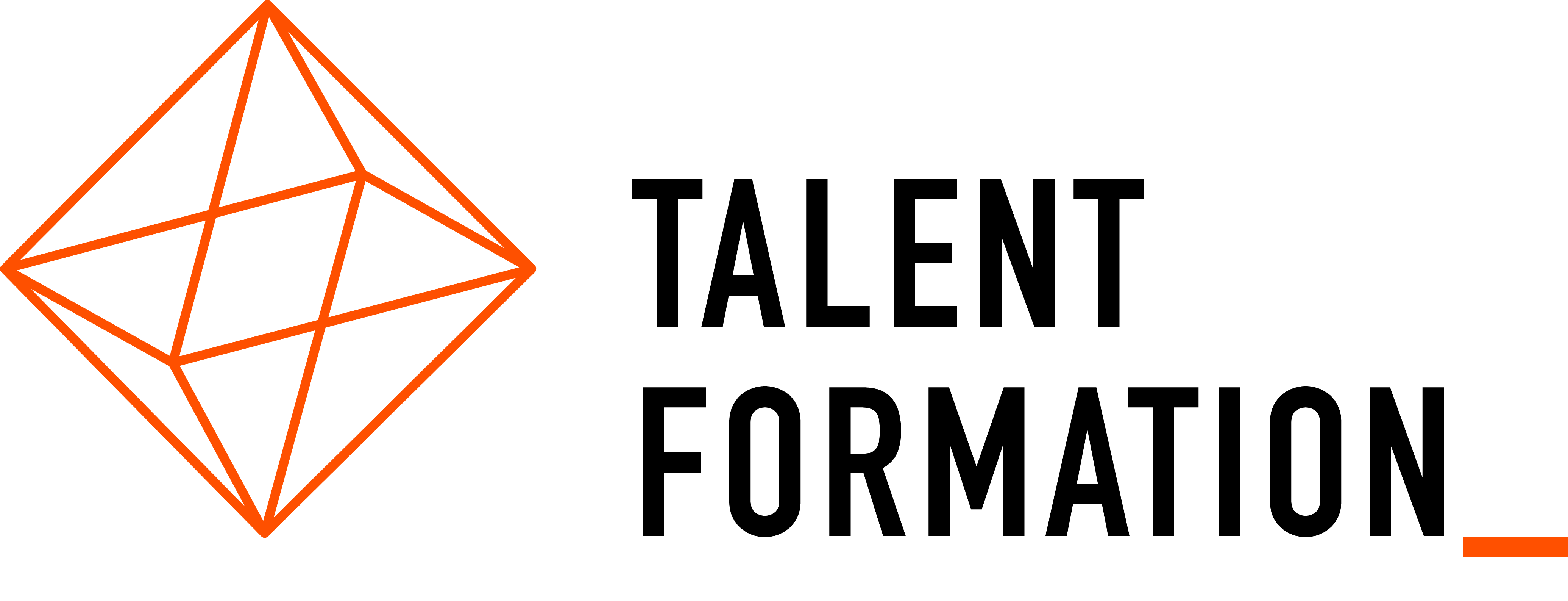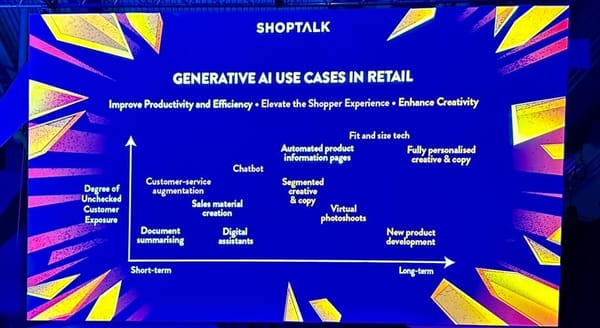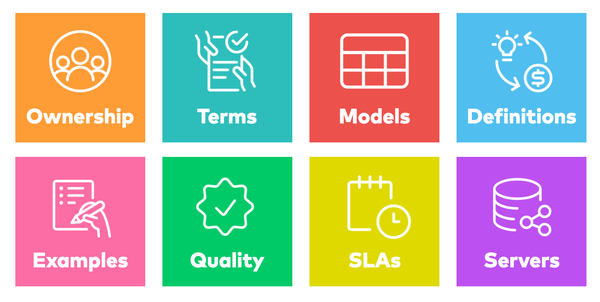Reading tips to inspire you in 2021

Christoph
My discovery of the year is Team Topologies by Matthew Skelton and Manuel Pais, which I recommend to developers, Agile coaches, and product managers alike. Skelton and Pais describe easy-to-apply principles for good team composition and their evolution. The book helps us refine the concept of verticalization and overcome its limitations. Much like TFN, the authors take a very structured and methodical approach. Which is one of the reasons why their concepts perfectly fit into our BSOCAS methodology.
Johannes
My recommended reading is The Art of Action – How Leaders Close the Gaps between Plans, Actions and Results by Stephen Bungay. Among other things Bungay makes the concept of strategy tangible and manageable. Von Moltke provided the basics more than 150 years ago. The Art of Action offers product managers a “toolbox” of principles as well as basic models for thinking and acting, which – in line with our BSOCAS methodology – spans the arc from the business model through product execution to product operations.
Michael
Fitting our BSOCAS methodology, which I presented with Sven Andrä at SEACON, I recommend Jim Kalbach’s book Jobs to be done Playbook: Align Your Markets, Organization, and Strategy Around Customer.
Jim clearly explains how this methodology can be used not only to derive products but to consistently design the organization and architecture of a company.
For those who don’t have the time or inclination to read, I also recommend this video from the 2020 UXRS April Meeting.
Martin
Companies that approach solving their customers’ problems via their own digital product development not only have a major impact on organization and architecture but also on managing product development without long requirements lists. Project-vs-product-organizational-focus is one of the most important articles on this concept. In it, Robert Galen does a great job in clarifying the difference between project and product organization.
Also worth listing to is this clearly presented podcast by Janna Bastow, Co-Founder of Mind the Product and ProdPad, on why a roadmap is important, which goals can be achieved with it and how it must be structured to be effective.
Thomas
“Agile Business Analysis is the love-child of two parents: Agile and Business Analysis”.
The Business Case for Agile Business Analysis – Requirements Engineering Magazine (ireb.org)
Howard Podeswa offers a great introduction and inspiration on the necessary enrichment of agile approaches with analytical competencies. The business analyst is located between our roles of APC (Agile Product Controlling) and APM (Agile Program Management) – enjoy reading!
Volkmar
Fitting the coming of the new year I can recommend the book “The Power of Habits” for those of you who have always wondered why good new year resolutions are almost always forgotten, at the latest, after 6 weeks. In this book Charles Duhigg describes how we can change our behavior sustainably by training habits (and how exactly this works). You can also easily watch the essentials from the book here.
One of the most exciting books I’ve read this year is “Coaching, Consulting and the Brain – Neurobiological Foundations of Effective Change Processes” (currently only available digitally in German) by Gerhard Roth and Alica Ryba. In the preface of their book, the two authors formulate the core question addressed in the book as follows: “What should coaching (and likewise psychotherapy) look like, both in terms of impact models and in terms of interventions, in order to be able to satisfy psychological-neurobiological findings on the one hand and the results of effectiveness research on the other?” The book covers a wide range of topics, from the distinction between coaching and therapy, to the structure of the human brain, to various personality models and the question of how effective coaching actually is. All in all, not an easy or entertaining read but from my point of view the most interesting book I have read on the subject so far. You can find a lecture by Gerhard Roth on the topic here.





